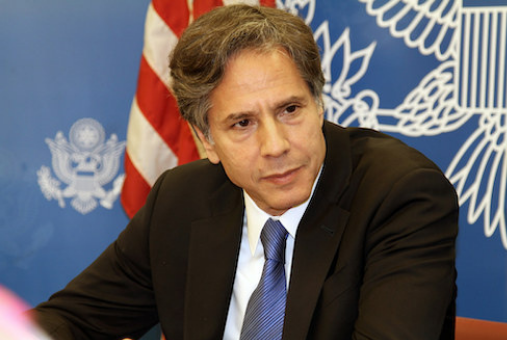
Governments of several Latin American countries have struck back after the U.S. State Department released its report on human rights practices around the world, including comments regarding freedoms of expression and of the press. However, the annual reports, which are now in their 45th edition, are welcomed by press freedom and journalism groups in nations […]

With social distancing rules, control over who asks questions –and when they’re asked– has increased in Latin America and the Caribbean.
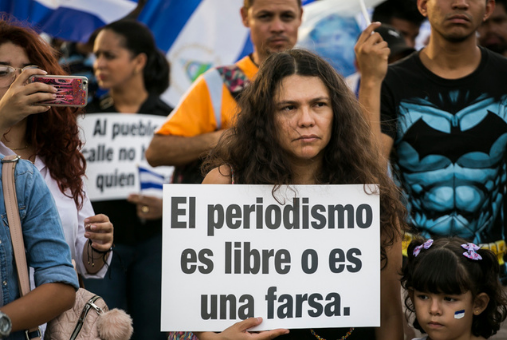
In solidarity with the independent journalists who continue to report, investigate and inform Nicaraguan society, 470 journalists from 40 countries signed a letter against repression from the government.
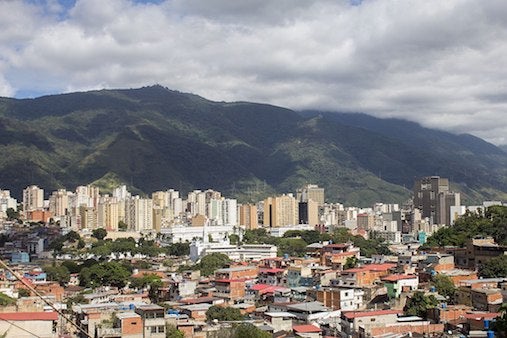
Journalists and experts attributed the increase in attacks to a repressive pattern from the government and to the country's political moment, of the retaking of the National Assembly by those aligned with Chavismo.
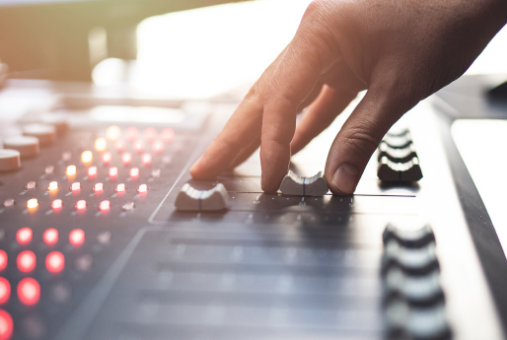
2020 was perhaps the year in which radio most clearly demonstrated its impact and importance in society. This 110-year-old "young media outlet" – as UNESCO Director-General Audrey Azoulay refers to it – has a penetration rate of 75 percent in developing countries.

In celebration of World Radio Day, we asked radio journalists from Latin America and the Caribbean why radio is important for press freedom in the region.
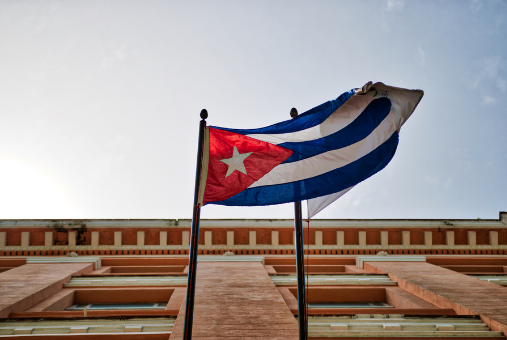
In part, the skyrocketing of the cases can be attributed to the suppression of a demonstration on Jan. 27, but journalists and organizations in the country believe that attacks on the press are part of a broader escalation of aggressions

Public media in southern Argentina will have a new governing board, as well as an oversight body for their content, to prevent any "negative impact" of their material on society.
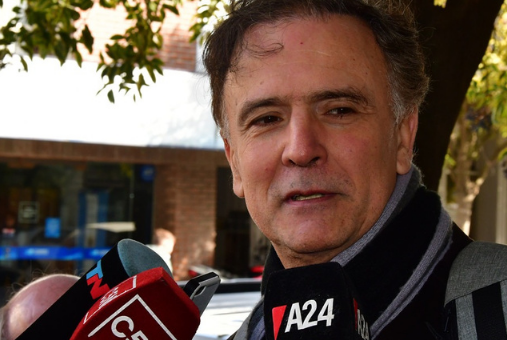
The ruling in Daniel Santoro's case defends the secrecy of journalistic sources as something "essential for the proper exercise of journalistic work," said ADEPA.

To mark the end of 2020, the LatAm Journalism Review (LJR) team put together a list of the most interesting and important stories we’ve covered this year.

The acquisition of the magazine by the Gilinski family, one of the richest families in the country, and the resignation of at least 16 journalists and columnists may affect the plurality of journalism in the country, but could be an opportunity for digital natives, say experts.
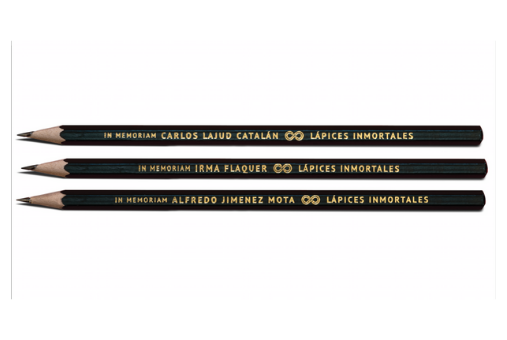
With three new initiatives, the Inter-American Press Association seeks to innovate its work on combating impunity in crimes against journalists, monitoring the state of freedom of expression in the region and supporting its partner media in the digital transformation of the journalism industry.